Truth and trust in transplantation
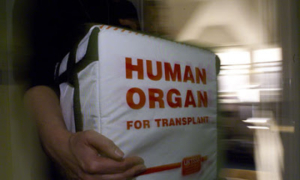 Transplant medicine is one of the greatest medical advances of the last century, but public trust is essential for it to attract potential donors – both living and deceased. For deceased donations to progress in most countries, even if the donor has expressed a wish to be a donor, their family members generally have to give their consent. In order to do that it’s essential that hospital staff explain to families exactly what such donation entails – for them and for their deceased loved one.
Transplant medicine is one of the greatest medical advances of the last century, but public trust is essential for it to attract potential donors – both living and deceased. For deceased donations to progress in most countries, even if the donor has expressed a wish to be a donor, their family members generally have to give their consent. In order to do that it’s essential that hospital staff explain to families exactly what such donation entails – for them and for their deceased loved one.
A lead article in a recent issue of the American Journal of Bioethics dedicated to donation after circulatory death indicates that truly informed consent may not be happening in all cases because of the ethical implications of ECMO – Extracorporeal Circulatory Membranous Oxygenation, a technique being increasingly used to maximize the quality of organs obtained in deceased donation.
ECMO machines perform the work of both the heart and lungs from entirely outside the body. During the pandemic, it saved many lives, with some patients being kept alive on them for well over 100 days. However, not all patients on ECMO recover. Those patients are often highly suitable for organ donation because, after being declared dead after cessation of the heartbeat for five minutes after switching off the ECMO machine, it can be restarted again with ECMO restoring the circulation either to the abdominal organs only or the abdominal and thoracic organs, in which case the heart may also restart. However, before ECMO restarts the circulation after death is declared, the aortic arch vessels are clamped to prevent circulation to the brain, so the patient is at that point also considered brain dead.
Quite aside from the ethical problems arising from whether this technique violates the dead donor rule, which states that patients should not be killed and/or should be dead before removing vital organs, there is a huge variation in practice about what relatives are told about the procedure when consent for deceased donation is being sought.
Relatives, who have been told either that their loved ones are not suitable for ECMO or that ECMO is no longer helping and needs to be turned off, may indeed be disturbed to learn that it is to be restarted again, but only to the organs to be removed for transplant and not to the deceased’s brain.
Some units simply do not tell families anything at all about the process. Others recommend not referring to ‘ECMO’ or ‘recirculation’ but merely to refer to the donor’s organs undergoing ‘reperfusion’.
One Stanford bioethicist, David Magnus, courageously calls out such ‘circumspection’:
‘A quick rule of thumb in bioethics should be that relying on not telling people what you are doing or attempting to obfuscate with misleading language is a pretty good indication that you are on the wrong track. While some…advocates want transparency and complete disclosure, too many leaders and professional organizations have pushed for obfuscation.’
Those who believe that, as St Paul writes, we should ‘put off falsehood and speak truthfully to your neighbour, for we are all members of one body’ will readily agree with Magnus’ conclusion.
If you would like to consider this, and other matters around diagnosing death, further then you can watch a recent ICMDA webinar on the topic

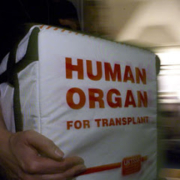

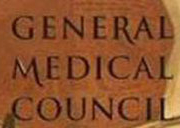
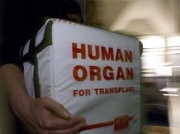

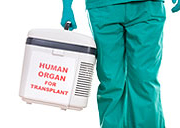
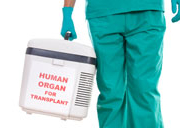
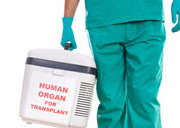



Leave a Reply
Want to join the discussion?Feel free to contribute!